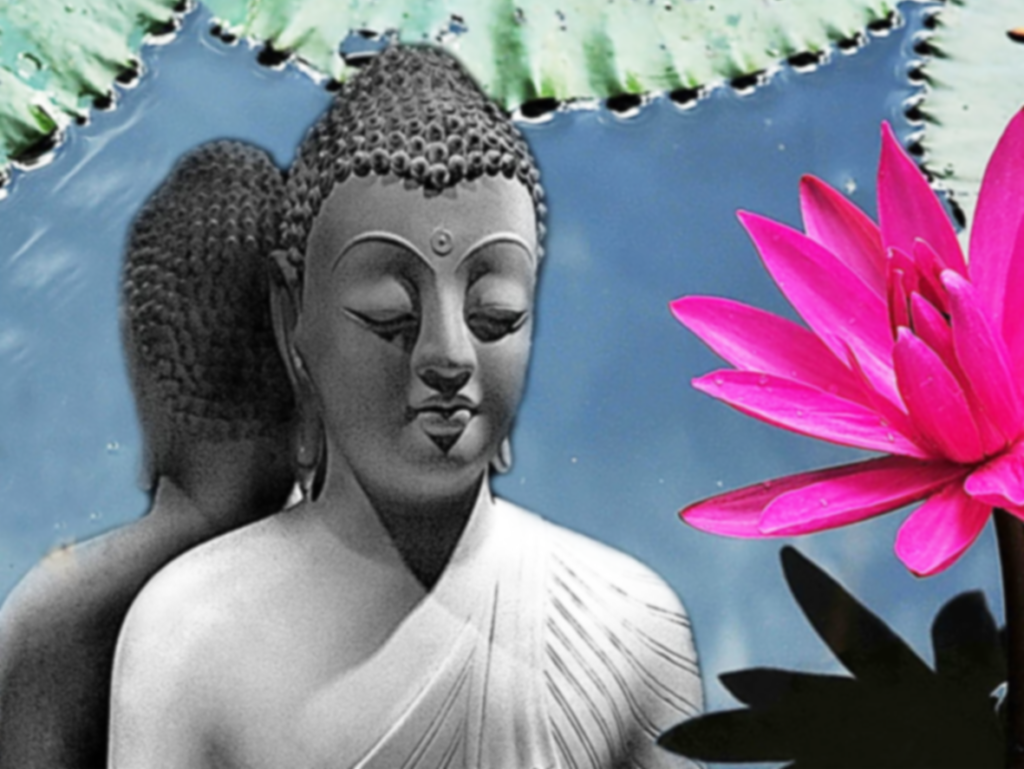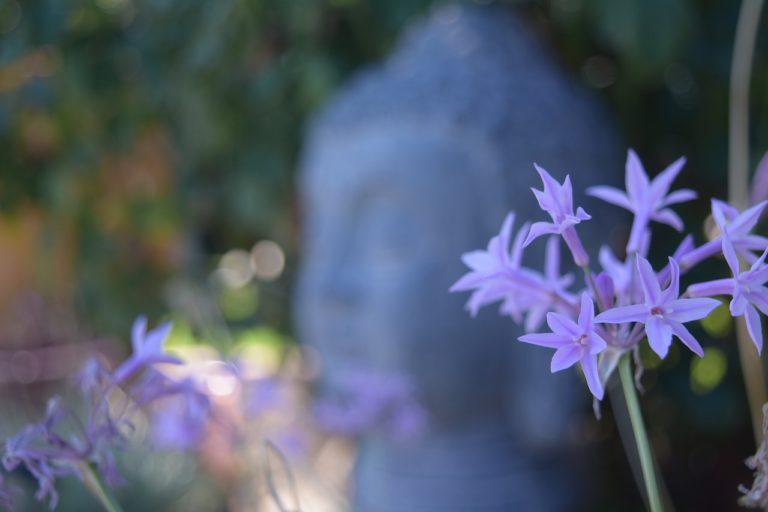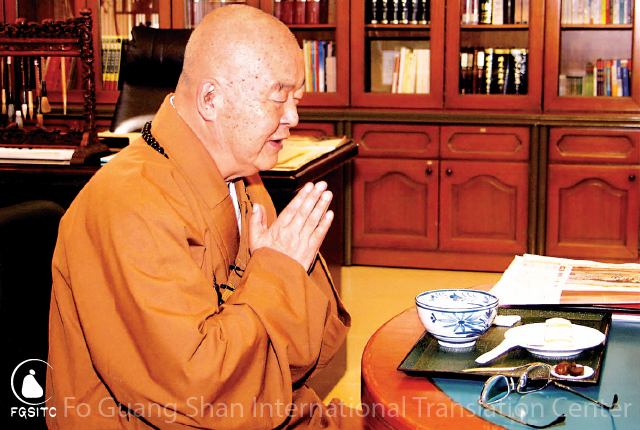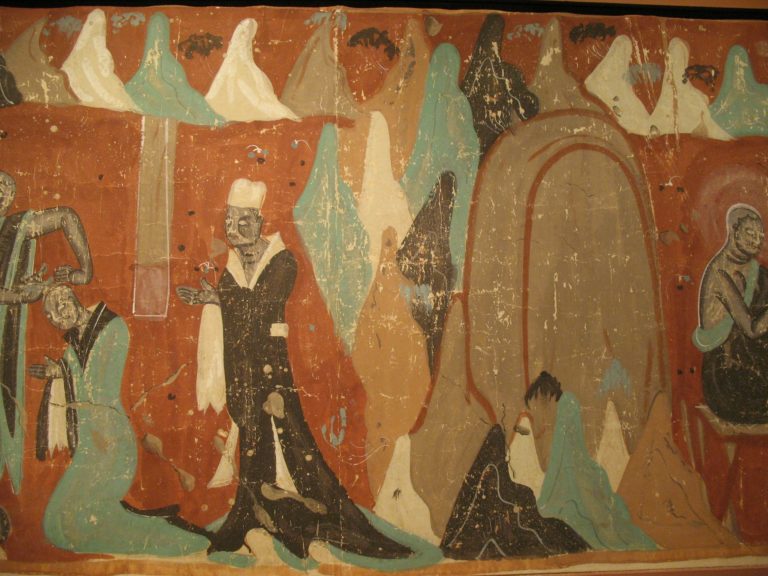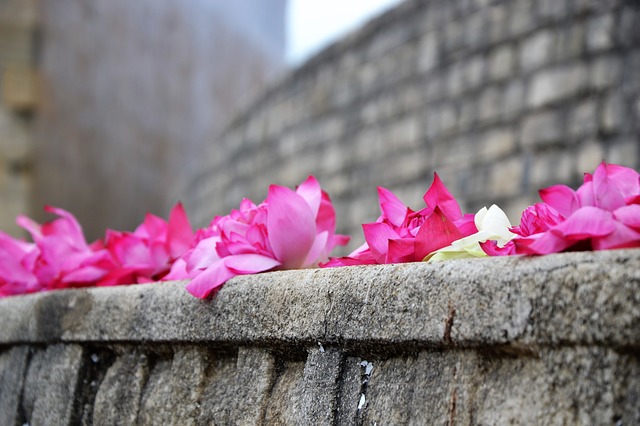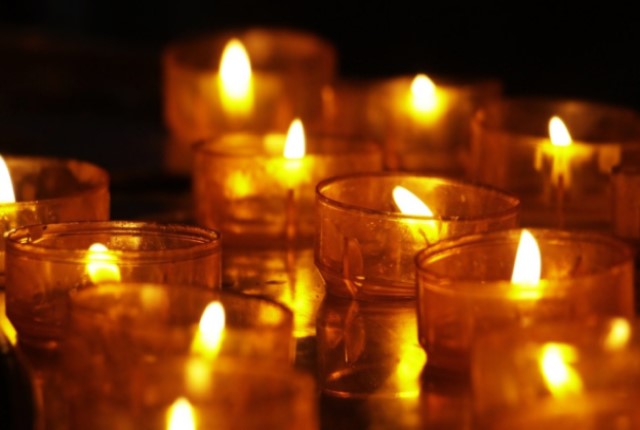
Oh great, compassionate Buddha!
With sadness, pride, and gratitude,
We would like to honor service personnel
Who have given their lives to save others.
We have seen them file onto ships, climb into
The cockpits of fighter jets, and
Join long convoys.
With a final salute, they disappeared
From our vision, and from our lives.
Oh great, compassionate Buddha!
In order to save the country and its people,
These troops sacrificed themselves.
Their lives and heroic spirits will go down in history.
In order to complete their missions,
They engaged in dangerous action with bravery and loyalty.
The undaunted courage and wisdom left in their wakes
Are enough to startle the universe and move all beings.
Oh great, compassionate Buddha!
These service personnel sacrificed their lives for their homeland.
Please bless them with your loving-kindness.
May they be reborn in the upper realms.
May they return to the earth by taking vows.
May their bereaved families receive proper support.
May their descendants learn of their brave deeds.
Oh Buddha!
We want to eulogize the aspirations
Of the brave service personnel who gave their lives.
Yet, we must also denounce those
Who attempt to expand their domination,
And bring great suffering to people.
We condemn the actions of those who drive their ambitions
Over the lives of innocent victims.
Oh great, compassionate Buddha!
We pray that we learn wisdom of your teachings.
May all humankind coexist peacefully.
May all sentient beings in all dharma realms be as one family.
In the future, may the world
See no tyrants who burn, kill, and plunder,
And create no warriors to face each other across vicious weapons.
In the future, may the world
See only compassionate, generous people,
And consist only of beings who enjoy peace and happiness.
Oh great, compassionate Buddha,
Please accept our sincere prayer!
Oh great, compassionate Buddha,
Please accept our sincere prayer!
This was originally published in Pearls of Wisdom: Prayers for Engaged Living II, written by Venerable Master Hsing Yun.
Image from Pixabay.

